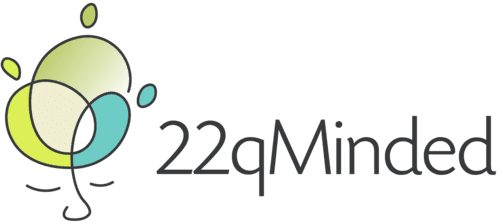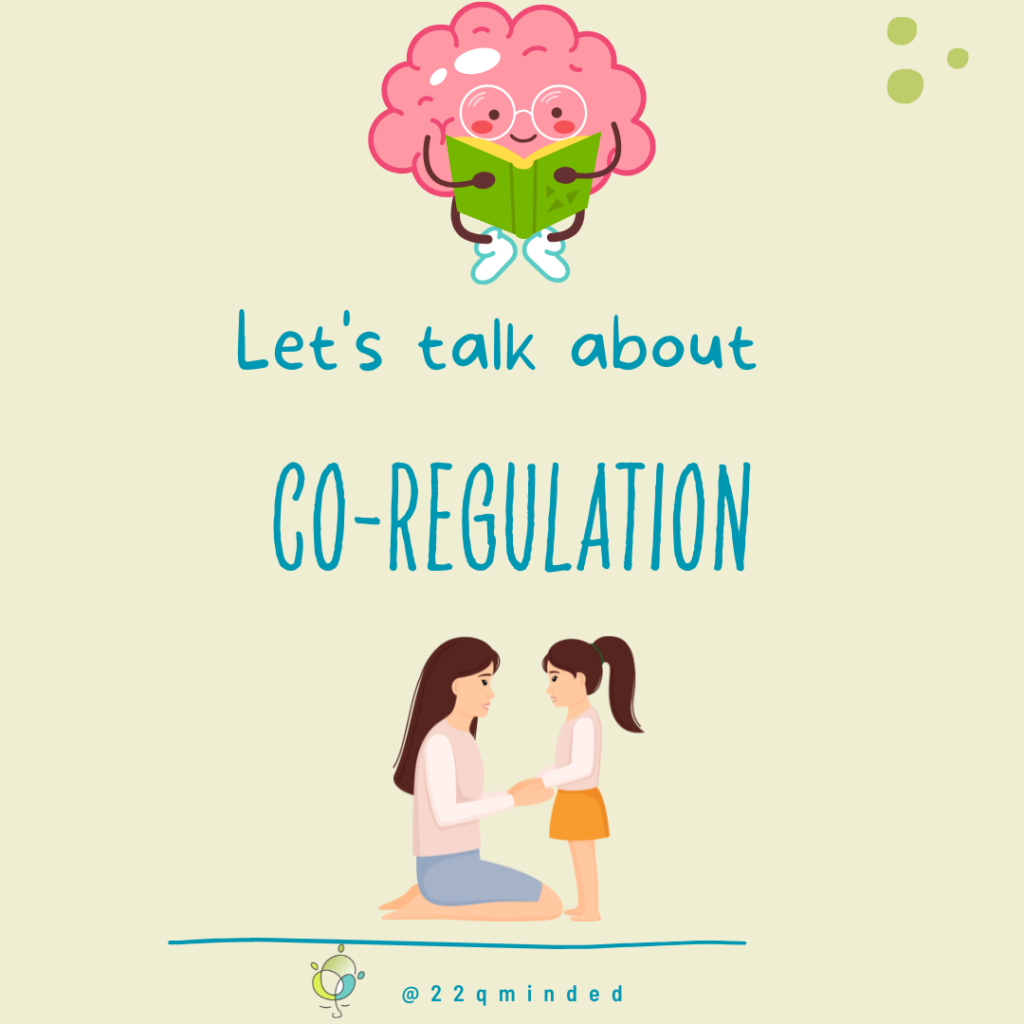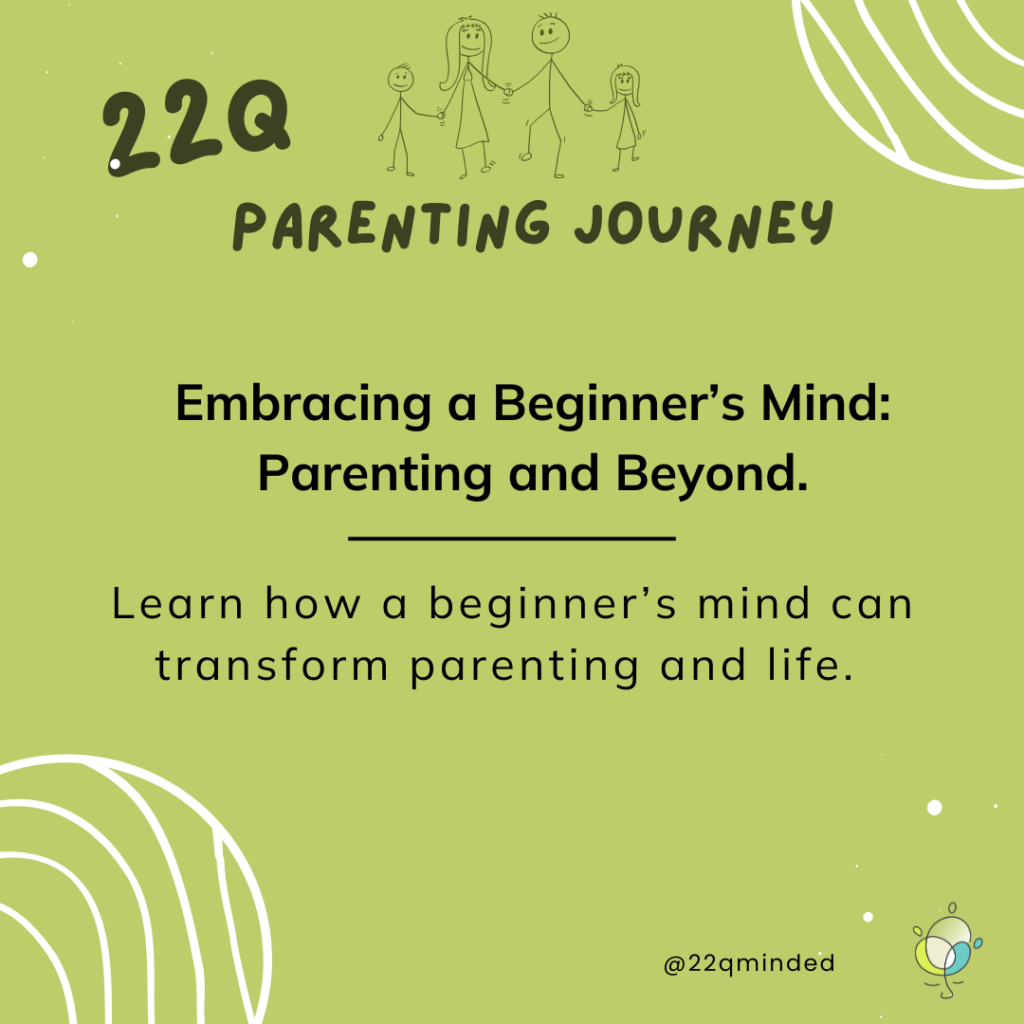This newly published study focused on 22q11.2 deletion syndrome (del22q11.2), the most common microdeletion syndrome affecting approximately 1 in 3,000–6,000 live births. Del22q11.2 often results in developmental disabilities, speech and language delays, and social communication difficulties. These challenges significantly impact a child’s quality of life, social relationships, and mental health. Despite the clear need for targeted interventions, research into effective strategies remains limited.
Why Was the Study Conducted?
The study had three main objectives:
- Summarising Existing Evidence: The researchers reviewed available studies to identify tested interventions for enhancing communication and social skills.
- Guiding Evidence-Based Practice: The review provided clinicians and educators with actionable insights into effective interventions, despite the limited research available.
- Highlighting Gaps in Research: The review drew attention to areas requiring further exploration, such as early intervention strategies and programmes for individuals with co-occurring conditions like ADHD or autism.
The study synthesised evidence from five key research papers, offering insights while underscoring the need for further studies to effectively support individuals with 22q11.2DS.
Key Findings from the Narrative Review
The review revealed promising findings and highlighted the limited research scope. Here are the main takeaways:
- Limited but Promising Evidence
- The review analysed five studies, two focusing on communication skills and three on social skills. These studies suggested that behavioural principles and systematic instruction can help improve outcomes. However, the evidence is not yet robust enough to inform widespread practice.
- Effective Communication Strategies
- Speech-Generating Devices (SGDs): Preschoolers with 22q11.2DS were able to use SGDs to create multi-symbol messages during play-based activities.Keyword Signing: Parental modelling and guidance helped children improve their ability to communicate through signing.
- Social Skills Training
- Group-Based Programmes: Programmes such as SOSTA-22 and adaptations of Cognitive Enhancement Training (CET) improved emotional recognition, perspective-taking, and conversational skills.
- Behavioural Interventions: Approaches focusing on positive reinforcement and socially appropriate responses reduced problematic behaviours in adults with 22q11.2DS.
- Challenges and Barriers
- Parents reported logistical issues, such as time constraints and challenges integrating interventions into daily life.
- The wide variability in intellectual and cognitive abilities among individuals with 22q11.2DS highlights the need for highly personalised interventions.
How Parents Can Support Their Child
- While clinicians and educators play an important role, parents are key partners in supporting their child’s development. Here are some practical ways parents can help:
Focus on Early Intervention- Early intervention is critical for building foundational communication and social skills. Parents should seek evaluations as soon as possible and advocate for speech therapy, social skills training, and the use of augmentative and alternative communication (AAC) systems when needed.
- Build Communication Skills at Home
- Daily Practice: Incorporate speech and communication activities into everyday routines, such as mealtimes or playtime.
- Use Tools Effectively: If your child uses an SGD or signing system, ensure it’s integrated into home activities.
- Model Communication: Demonstrate how to take turns in conversations and show emotional expressions during play.
- Support Social Skill Development
- Role-Playing: Practice common social situations like greetings, turn-taking, and asking for help.
- Organise Playdates: Give your child opportunities to interact with peers in a structured, supportive setting.
- Encourage Teamwork: Activities like cooperative games can teach social reciprocity and problem-solving.
- Collaborate with Educators
- Work with Schools: Develop an Individualised Education Plan (IEP) tailored to your child’s needs.
- Request Accommodations: Extra time, speech therapy, or access to AAC tools can make a big difference in the classroom.
- Build a Support Network
- Connecting with other parents of children with 22q11.2DS can provide emotional support and practical advice. Online and in-person support groups, as well as advocacy organisations, can be invaluable resources.
The Path Forward for Families
Parents should work closely with clinicians and educators to tailor interventions to their child’s unique needs. Using tools like AAC systems and structured social skills training can lay the foundation for improved communication and relationships. While there are challenges, focusing on your child’s strengths, fostering positive relationships, and advocating for their needs can make a significant impact.
Conclusion
Though much progress remains to be made, parents have a vital role in supporting children with 22q11.2DS. By leveraging early intervention, collaborating with professionals, and fostering a supportive environment, families can help their children thrive. Together, we can build a more inclusive and understanding world for individuals with 22q11.2DS.
Reference
For more details, read the full paper: Roche, L., Gale, M., Campbell, L., Sigafoos, J. (2024). Narrative review of communication and social skills interventions for people with 22q11.2 deletion syndrome. Evidence-Based Communication Assessment and Intervention.




